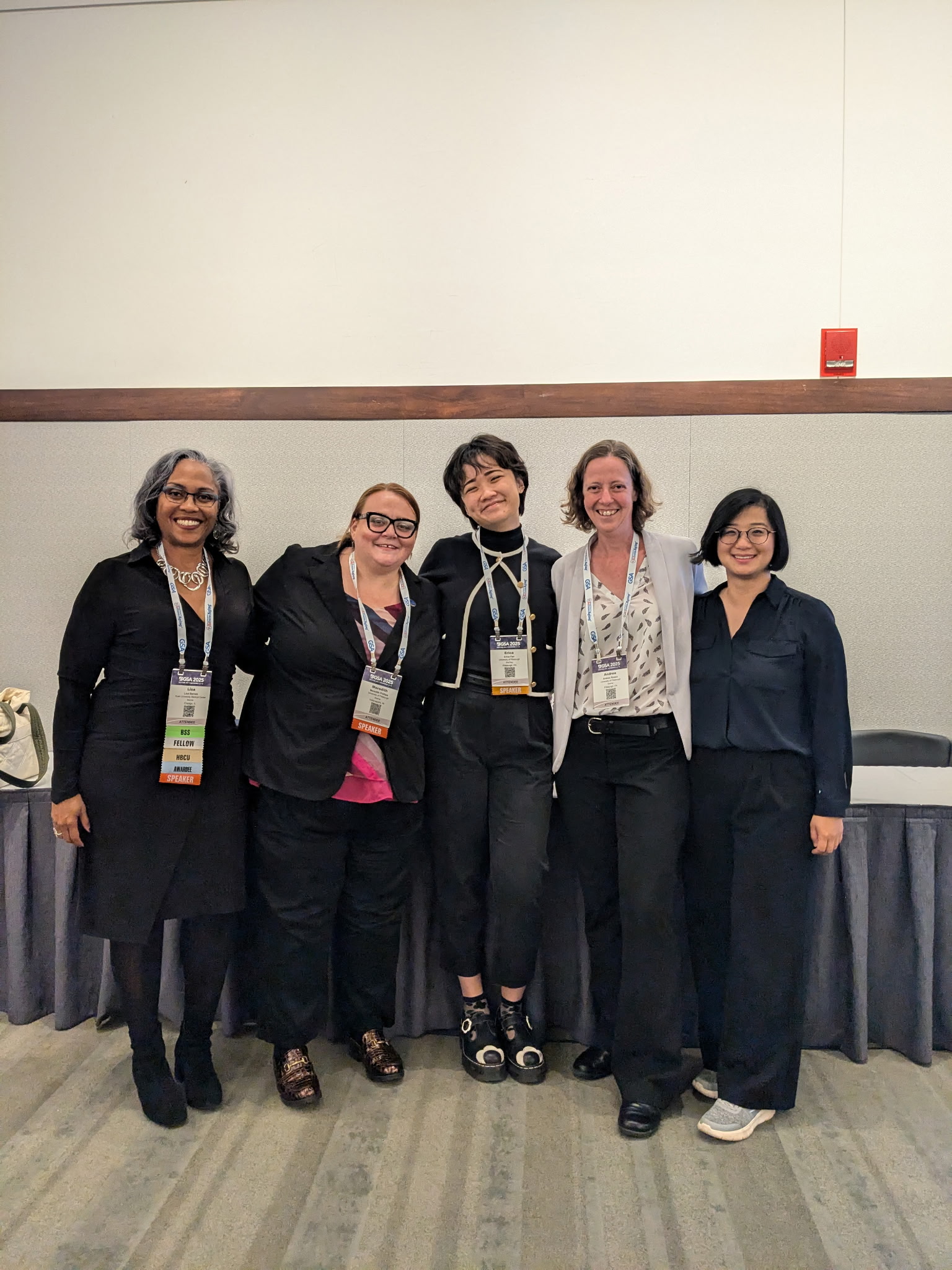How does structural racism impact dementia? Researchers seek answers in Pittsburgh neighborhoods.
Researchers have received a $9.6 million grant to learn how structural racism has affected the cognitive health of Pittsburgh residents in two of the city’s historically Black communities.
Epidemiologists at the Rand Corporation and the University of Pittsburgh received funding from the National Institutes of Health to follow some 1,100 research participants in the Homewood and Hill District neighborhoods over the next five years.
“We can kind of get at the biological [causes] of it, but what are the precursors?” said Pitt’s Tiffany Gary-Webb. “If we can get at those root causes, the educational level, the neighborhood level, that’s where we can intervene.”
This research builds on earlier work that looked at health outcomes in these neighborhoods. Longitudinal data, which is collected from the same group of people over many many years, is particularly valuable when studying Alzheimer’s disease and related dementias since it’s believed the risk factors are present decades before symptoms surface.
“We have been following this cohort for a long time, so we have a lot of information from when people were younger,” said Gary-Webb, whose parents grew up in Homewood. Gary-Webb notes that many dementia studies focus on people who are already at retirement age.
In addition to cognitive testing and biomarker data, researchers will also conduct extensive interviews with participants about their childhoods and life events.
Previous research indicates that Black Americans develop dementia at far higher rates than whites. But it’s not clear if these findings are because structural racism creates poor health outcomes or if studies that measure cognitive performance are biased in design. Or maybe it’s both.
A benefit of comparing these two predominately Black communities is that they have different histories. For example, urban renewal policies displaced more than 30,000 Hill District residents during the early 1960s. Pitt’s Andrea Rosso said while there was also disruption in the Homewood neighborhood, it was less overt.
“It was more economic,” she said, “but there wasn’t sort of that loss of actual physical space. [So] are there differences in how that impacted people?”
Because so much of a person’s health is determined by their environment, researchers will also probe how other factors like sleep quality, education, and gentrification’s threat contribute to cognitive decline.
Previous research has established that negative experiences have an impact on the brain, said Dr. Lisa Barnes, a cognitive neuropsychologist at Chicago’s Rush University Medical Center.
“So, it is not a stretch to believe that stress and trauma could be risk factors for dementia,” said Barnes, who is not affiliated with this study.
The study is slated to begin later this spring.
This story is part of a reporting fellowship sponsored by the Association of Health Care Journalists and supported by The Commonwealth Fund.








